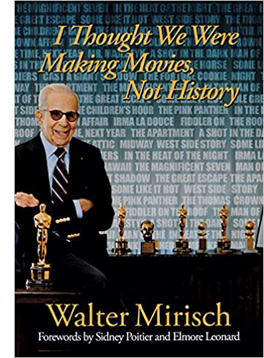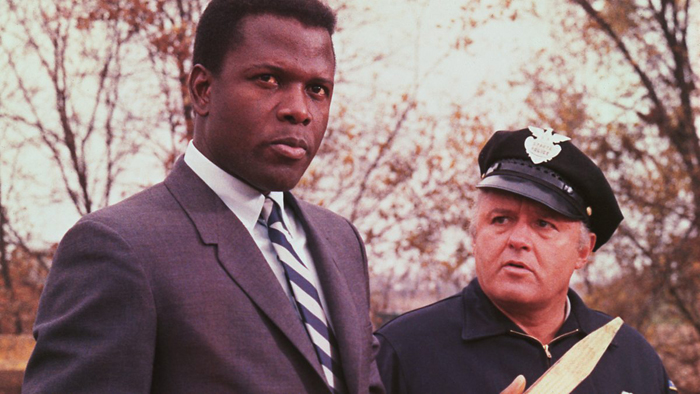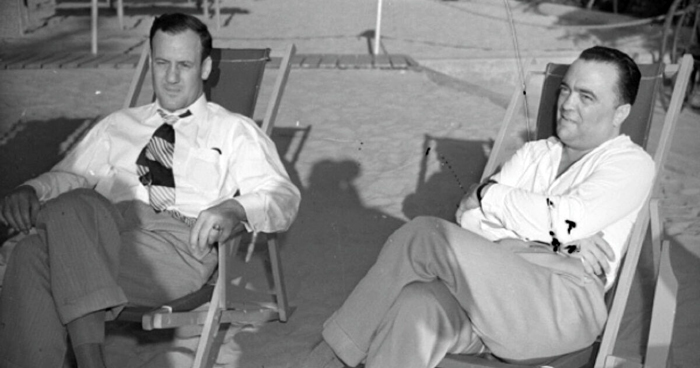Catching up
Saturday | February 11, 2023 open printable version
open printable version
In the Heat of the Night (1967; production still).
DB here:
Some health setbacks have delayed my plans for a new blog entry, but as I clamber back from a bout of pneumonia, I thought I’d signal a couple of things I’ve read and enjoyed recently.
Walter Mirisch’s I Thought We Were Making Movies, Not History is a discreet but still informative account of the career of a major producer (In the Heat of the Night, Some Like It Hot, West Side Story, The Magnificent Seven, and many other classics). Apart from offering some vivid vignettes of working with stars, Mirisch (UW grad) is very good on the corporate maneuvering that created, then sideswiped, United Artists. He swam with sharks and survived. Bonus: introduction by Elmore Leonard.
Stylish Academic Writing by Helen Sword is a lively guide to perking up your prose. Unlike most tips-from-the-top manuals, this is based on systematic research that yields some surprises. (Yes, scientific reports are allowed to use personal pronouns. No, literary theory isn’t the most opaque writing on earth: Educational research is.) There’s a lot of good advice here. I wish I’d read it before revising Perplexing Plots.
A shrewd, funny analysis of (a) the current prevalence of mystery stories and (b) streamers’ shotgun programming policies is offered by J. D. Conner in “Going Klear: A Glass Onion Franchise in the Wild” in the Los Angeles Review of Books. This wide-ranging essay ponders franchises, viewer tastes, and other current concerns. Extra points for noticing the Columbo revival.
Way back in 1964, crime reporter Fred Cook caused a stir with The FBI Nobody Knows. After decades of celebrating the agency and its boss (a “confirmed bachelor” not yet revealed as in the closet), Cook’s chronicle of a frighteningly powerful force in the government inspired Rex Stout to write his top-selling Nero Wolfe book, The Doorbell Rang. Cook’s review of FBI history doesn’t out Hoover, and it does praise his ability to disclose WWII spy rings. But it concentrates on how his obsession with persecuting leftists had a long, ugly history. Today, when right-wingers are accusing the agency (staffed mostly with Republicans), it’s salutary to be reminded that the feds were long committed to ruining the lives of “communists” like Martin Luther King and ignoring the real danger of organized crime. Cook is helped by a whistleblower who reports mind-bending tales of peer pressure among agents. A lot of US history is crammed into this exciting, well-documented book.
I hope, when I can type (and think) more fluently, to post a new entry. On, I think, the power of crosscutting. Or maybe Puss in Boots: The Last Wish….
Clyde Tolson and J. Edgar Hoover in 1937. Source: The New Yorker.
P.S. 14 February 2023: In a stroke of serendipity, I learn that Paul Kerr’s new book, a historical-critical study of the Mirisch Company, is coming out next month. Knowing Paul, an expert on American independent production, I’m sure it will be deeply researched and an absorbing read. Congratulations, Paul!
P.S. 25 February 2023: Sad news: Walter Mirisch died yesterday. He was 101. The Variety report is here.















